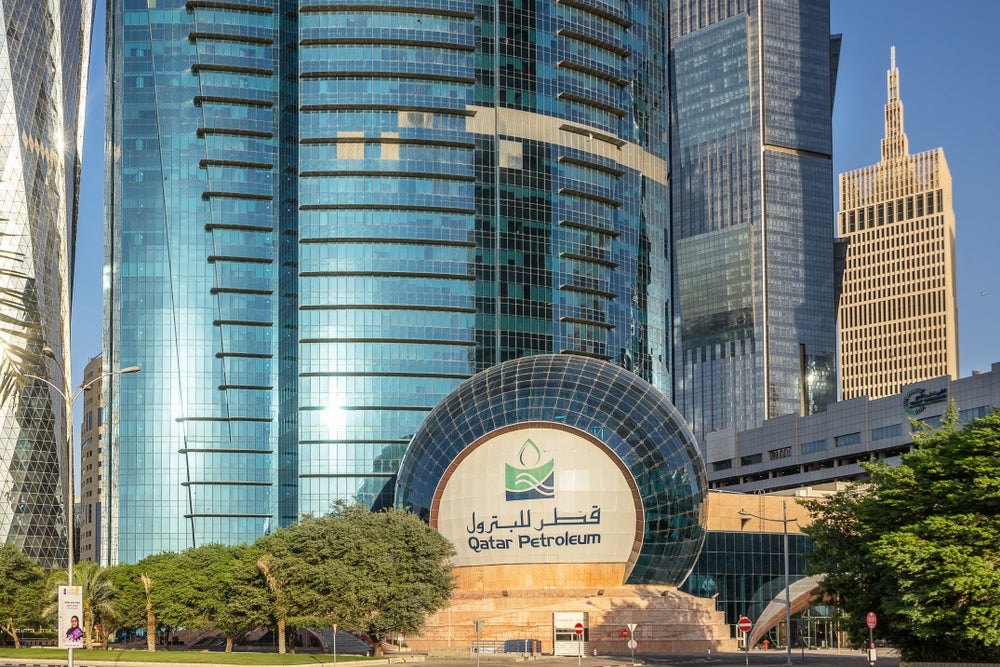
Qatar’s Minister for Energy and CEO of Qatar Petroleum, Saad Sherida al-Kaabi, has warned that the “worst is yet to come” for the European energy crisis, citing a lack of investment in oil and gas.
Saad al-Kaabi warned of an “overly aggressive” energy transition that could result in energy shortages.
“The only thing that saved humanity and Europe this year was a warm winter and the slowdown in the economy,” he told the Qatar Economic Forum in Doha. “If the economy starts churning back up in (2024) and you have just a regular winter, I think the worst is yet to come.”
Russia’s invasion of Ukraine in February 2022 worsened an ongoing energy crisis in Europe. Sanctions against Russian oil and gas reduced European imports, causing an increase in energy prices.
Higher than average temperatures across Europe this winter limited the impact of the crisis despite hardship for many households in Europe.
“If (European leaders have) a proper plan and sit down with producers, and oil and gas companies are not demonised, reality will kick in and we will have a sensible solution,” Kaabi went on.

US Tariffs are shifting - will you react or anticipate?
Don’t let policy changes catch you off guard. Stay proactive with real-time data and expert analysis.
By GlobalDataQatar is the third-largest exporter of petroleum gas in the world and petroleum gas remains the country’s largest export.
“Energy security is being shackled. We are running out of capacity, because countries are not investing both in oil and gas,” Saudi Arabia’s Energy Minister Prince Abdulaziz said at the forum. The Middle-Eastern country is the world’s largest oil exporter.
Opec+ is a “responsible regulatory institution” claims Prince Abdulaziz
The prince told market speculators to “watch out”. He has previously cautioned price speculators who seek to profit from the output decisions of the Organisation of Petroleum Exporting Countries (Opec+).
Opec+, chaired by Saudi Arabia, shocked the market last month after announcing production cuts of 1.6 million barrels per day, even with previously agreed production cuts.
“We were, as the Opec+, blamed in October, blamed in April. Who has the right numbers? Who gauged the situation in a much more, I would say, responsible, but attentive way?” Abdulaziz said. “I think over the last six-seven months we have proven to be a responsible regulatory institution,” he added.
Qatar has announced a series of major gas supply deals. The country seeks to raise production in the North Field from 77 million to 126 million tonnes per year by 2027.
Under Qatar’s national climate change action plan, it aims to achieve a 25% reduction in greenhouse gas emissions. It also aims to reduce the “carbon intensity” of its gas fields by 2027. Saudi Arabia has set goals to reach net zero by 2060. Nonetheless, on Tuesday, both ministers expressed their commitment to fossil fuels.



